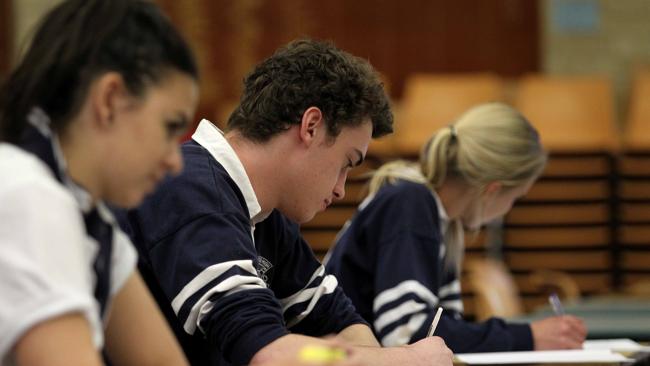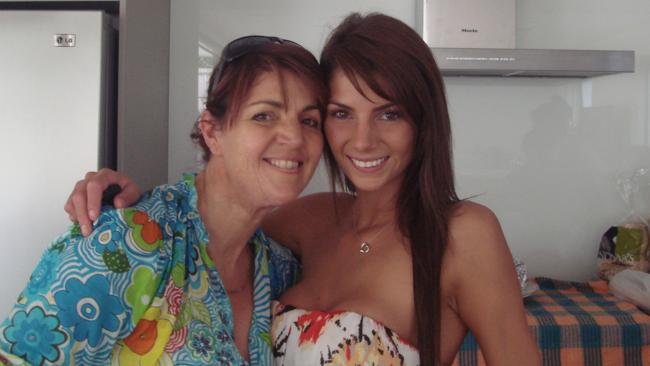“Look Up” (see below) was posted by Gary Turk on April 25 2014. By today – May 6 – it has had over 15,250,000 views and 123, 000 likes. Why? Because it cleverly and beautifully resonates with a concern many of us have about way they social media can actually damage society. Our online presence has the potential to damage our capacity to have a significant offline one. This is not to say that Social Media is the devil, it can be a wonderful and beneficial boon of modern technology, it is just to say that it is not harmless or inert. Like everything in life the tool is not the problem it is the way the tool is used.
Read more
DISCLAIMER:
The advice in this email is general in nature. As there are many underlying factors that do not come to light without personal interviews it is impossible to provide an accurate analysis of either the problems or their possible solutions.
The advice should be used carefully with full consideration of your personal situation. Youth Specialties Australia and the author of this email take no responsibility for the consequences of the application of any suggestions given or implied in this email.




